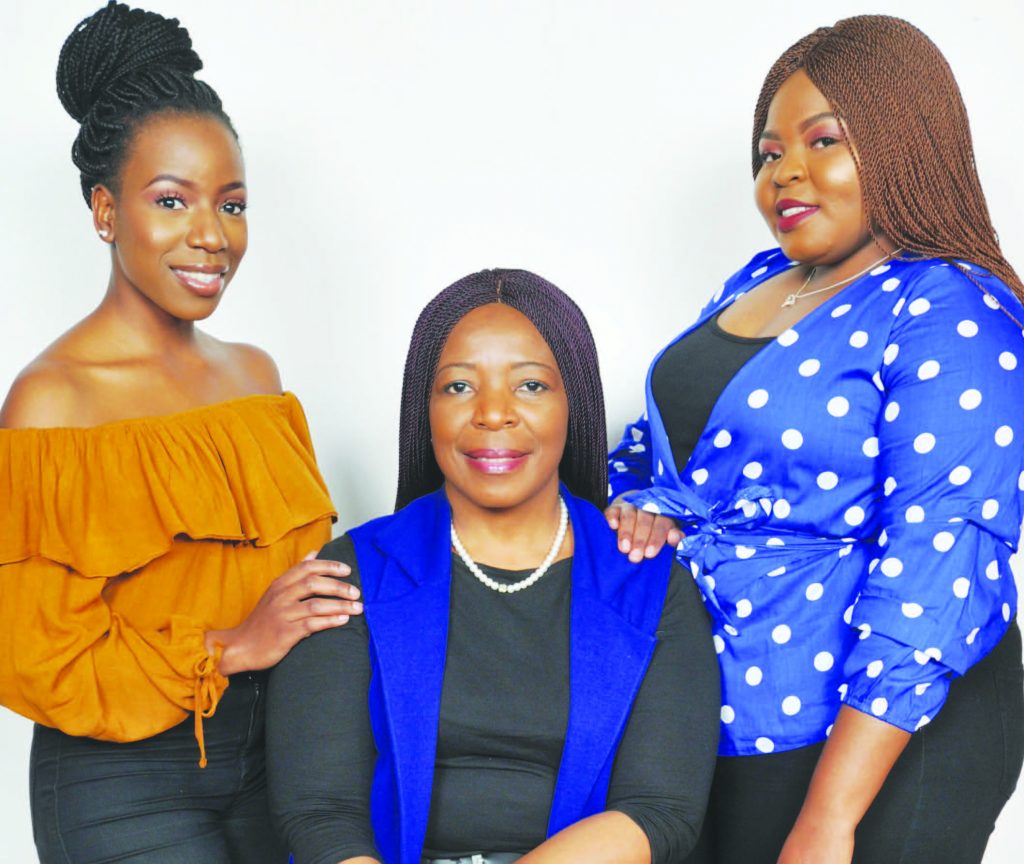Dr. Joyce Mphaya: Unicef Ethiopia’s chief for the health programme
They say life is one big challenge — and so, it is not unusual to see people making some tough decisions at times, just to fit into a bigger picture and overcome certain challenges.
This was the case for Dr. Joyce Mphaya, Unicef Ethiopia’s chief for the health programme, for whom being widowed at 27 with two little children, gave her the drive to push harder and afford her children a better life and good education.

Early on in life, she made the hard decision of leaving them behind to go to work in South Sudan a war affected country, so they could have a better life. Now she is happy that they both graduated from good universities in the United Kingdom.
“I had to make a decision to leave my children home and go to work in a war affected country — taking a risk with the motive of professional growth and care of family. Luckily, I had a supportive family that took care of my children. So, there are times we need to take risks as long as we have a clear motive in the long term,” she explains.
As a single mother, she needed a strong financial base to support her daughters. This also challenged her to invest in her own continued education for professional growth.

“I had to pursue further studies through distance learning to ensure that I maintained my job for a living and support my family at the same time,” she recalls.
And with people close to her describing her as a hard worker, strong, resilient, focused and a go getter — she now holds a Doctor of Philosophy (PhD) in public health, attained in 2018 through distance learning from the Walden University in the United States of America.
Prior to attaining her PhD, she read for a master’s in public health from University of South Africa through distance learning as well.
She earned her first degree as a nurse and midwife at Kamuzu College of Nursing (KCN) and dove into her nursing career for two years before joining National Youth Council of Malawi after realising that the hospital was not her preferred place.
Unsurprisingly, nursing was not a profession she always wanted. Her desire was to pursue business studies, but her mother (who was also a nurse) made her pursue nursing.
“I remember I packed my suitcases twice in my first and second year of studies at KCN to leave college after realising that I could not cope with working in the hospital. But looking back, I thank my mother for pushing me towards nursing as it opened opportunities for me professionally,” she explains.
Mphaya cites that her professional growth was possible because she was open to learning new things and decided that she would become a successful woman in future regardless of challenges.
Additionally, the 50-year-old cites that her professional growth was also motivated by seeing other women who were professionals in public health, who became her role models.
“I always sought guidance from them on what I needed to do to move up the ladder and they were supportive. Also, I did not allow challenges to stop me from getting what I wanted,” she says.
So, from National Youth Council, she joined United Nations Children’s Fund (Unicef) Malawi as a project officer and worked there for seven years before hopping on to become an international professional at Unicef South Sudan, soon after the war.
“It was not easy, but it was worth the experience for professional growth,” she recalls.
She later moved to Unicef Tanzania where she worked for another three years, then to Unicef Zimbabwe to work as head of HIV programme.
After another three years, she moved to Unicef Eswatini (Swaziland) as head of the child survival programme and now she is chief for the health programme with the same organisation in Ethiopia.
In her capacity as chief of health, she leads a team of about 35 health specialists that provide technical support and guidance to the Ministry of Health at national and decentralised levels to ensure that children issues are prioritised by government and partners.
In general, her job entails team leadership and management; programme management; resource mobilisation; high level advocacy and promoting the fulfillment of the rights of children.
She explains: “As chief, I do both people management for my team and health programme management, including mobilising resources to support children programmes. Ethiopia being one of Unicef’s biggest health programmes in the eastern and southern African region has a lot of emergencies and I ensure that health programmes reach all children regardless of where they are — whether in conflict, refugee camps and among those internally displaced (emergency response).”
But getting there was not all that easy. Apart from balancing her roles as a mother, a professional and a student, especially when she was pursuing her PhD, the other challenge is that it is equally not automatic to get job opportunities and promotions in other countries at Unicef.
“At every point, I must compete through interviews, backed with a strong performance history to get the next job or promotion. With determination, confidence, and optimism I have managed to go through all these successfully to get to where I am,” she says.
Mphaya advises younger girls not to shy away from humble beginnings, adding that it is critical to have ambitious goals and explore how to get them without using short cuts.
She cites that hard work, confidence and perseverance is key to achieving great results in life.
Additionally, she advises that they should have someone to look up to as a role model and not hesitate in approaching and asking them what it takes to be what they are.
She adds: “Do not be intimidated that boys are better than girls. We all have the same level of capabilities; all you need to do is be confident. And always look for opportunities in life.
“Explore possibilities for growth in your education and career and explore various alternatives without giving up. The starting point is to have your desire clearly spelt out, then decide that you want to get it by looking at options for getting there.”
Born on 27 November in 1970 in Lilongwe, Mphaya is the last born in a family of four. She is to Flora and Tamanda; with a goal of becoming the head of an organization.
However, with the old adage that home is best, she realises that she continuously misses home and her second consideration is to come back and work within the country.





